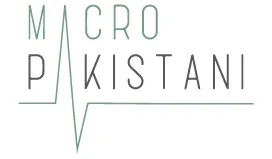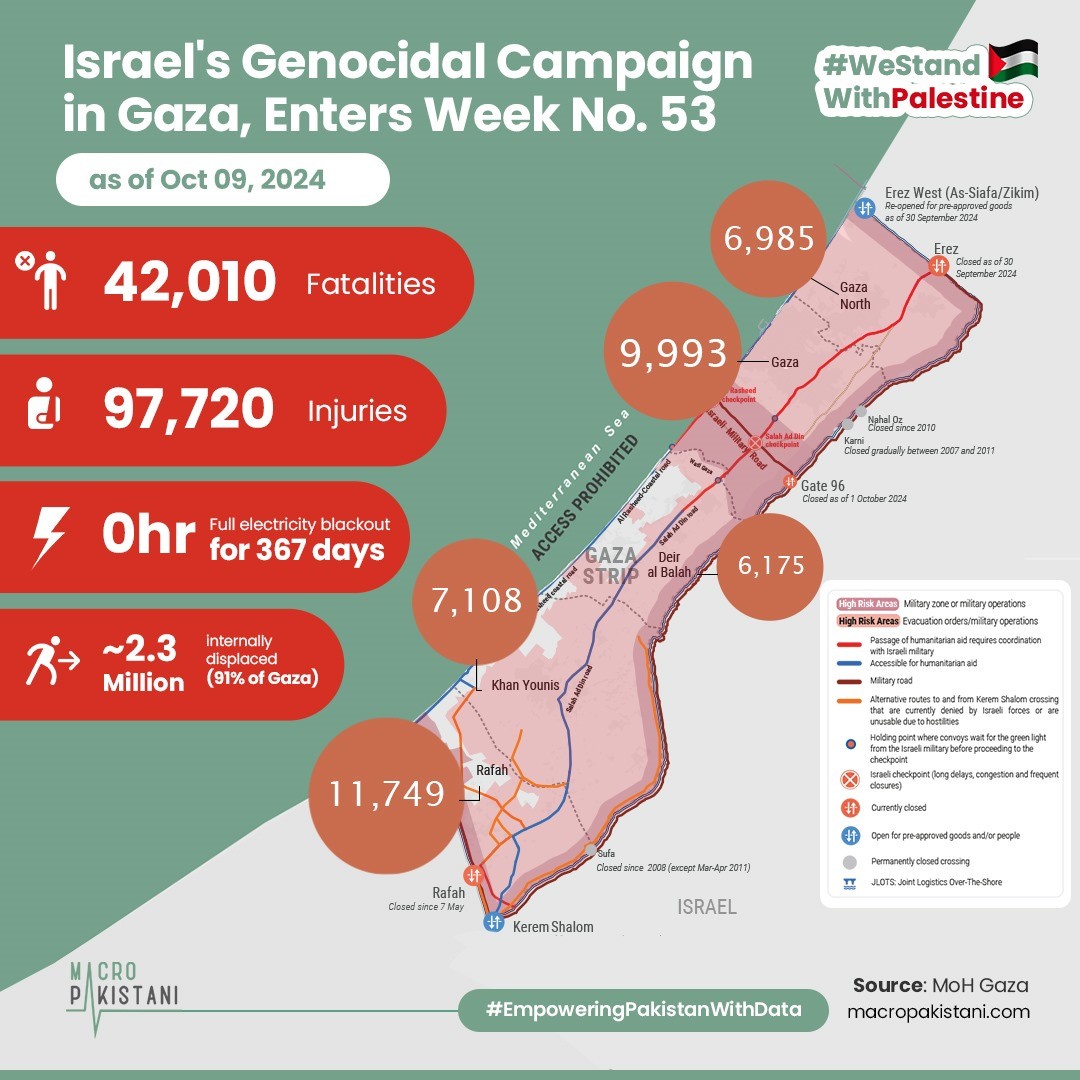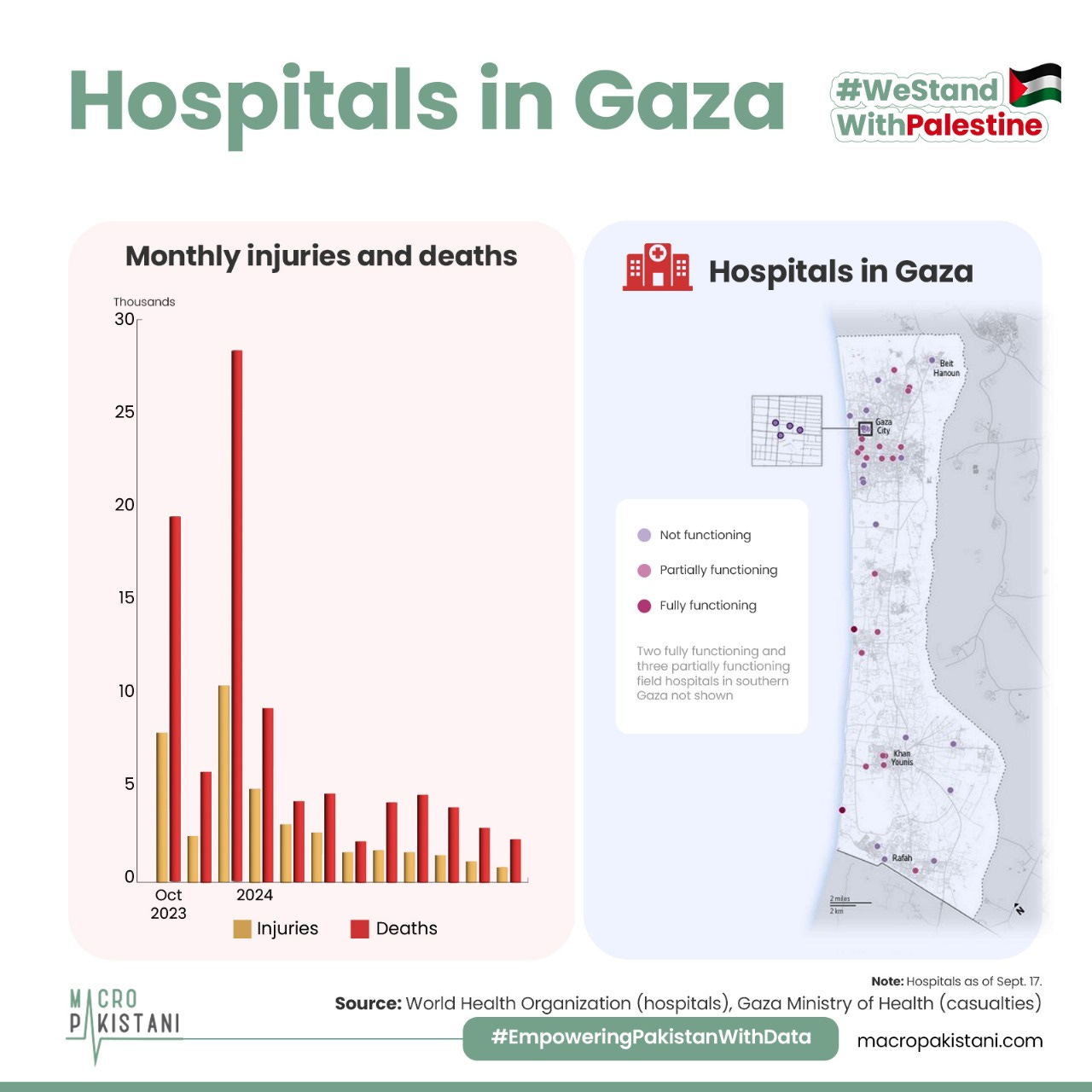Pakistan's 37-Month Extended Fund Facility (EFF)
Pakistan's newly proposed 37-month Extended Fund Facility (EFF), worth SDR 5,320 million (about US$7 billion), aims to strengthen fiscal policies, improve public services, and promote private-led grow

Following the 2023-24 Stand-By Arrangement (SBA), the government has committed to a home grown reform plan aimed at creating resilient and inclusive growth. Key priorities include revenue-based fiscal consolidation, reforms in state-owned enterprises, and energy sector adjustments. The program also focuses on rebuilding foreign reserves through exchange rate flexibility and tackling inflation with appropriate monetary policies. Additionally, it emphasizes climate resilience by implementing the C-PIMA Action Plan and advancing the National Adaptation Plan.
How can these efforts impact the everyday lives of citizens and the business community in Pakistan?
One of the key objectives of the program is to rebuild policy credibility and ensure macroeconomic sustainability through a combination of sound fiscal, monetary, and exchange rate policies. This includes raising revenues through fairer and more efficient taxation, particularly from undertaxed sectors, while ensuring adequate public spending on health, education, and social protection. Advancing reforms to raise productivity and competitiveness is another priority, focusing on creating a more favorable business environment for the private sector by removing state-created distortions, streamlining subsidies, improving the FDI regime, and investing in human capital. Additionally, the program emphasizes reforms to state-owned enterprises (SOEs) through restructuring, privatization, and transparency measures, alongside efforts to reduce inefficiencies in the energy sector and phase out the government's role in price setting. These initiatives aim to foster a level playing field for private businesses and drive sustainable economic growth.
Additionally, the program focuses on improving climate resilience, a crucial aspect given Pakistan's vulnerability to climate-related risks. By implementing the Climate Public Investment Management Assessment (C-PIMA) Action Plan and advancing the National Adaptation Plan, the government aims to mitigate these risks while promoting sustainable growth. Ultimately, this multifaceted approach, if successfully implemented, could steer Pakistan toward a more stable, competitive, and climate-resilient future.
GRAPHIC
The past year of the relentless Israeli genocide against the Palestinians in Gaza, alongside the violent raids and unrest in the West Bank, has largely been framed by the horrific humanitarian outcomes: the unprecedented killing of tens of thousands of children, women, and men; the devastation of Gaza; and the destruction in the occupied West Bank.
While addressing the humanitarian crisis is crucial, it's important to consider additional factors as we mark the first anniversary of this ongoing genocide. Although the mass killings continue, several conclusions about its long-term implications can already be drawn.
Notably, the Palestinians, despite enduring military occupation, siege, and the failures of their leadership, remain active political agents with significant agency. This agency arises not from superficial achievements of their autocratic leadership or the symbolic recognition of the state of Palestine, but from the collective resilience and strength of ordinary Palestinians in Gaza and throughout Occupied Palestine.
Had Palestinian society fractured under the pressures of war, divided into competing factions, or succumbed to despair amid the unprecedented destruction and acute famine, the situation in Gaza would have been markedly different (much more worse). This resilience is, in itself, a source of reassurance.
In case anyone wants to contribute (to the Palestine solidarity campaign on Macro Pakistani) and send data-backed content, please feel free to send an email to fakiha.rizvi@brandnib.com
This week Macro Pakistani’s Instagram account (@macropakistani) got verified!
Pakistan’s tax gap surged to an astounding Rs. 7 trillion in FY24, a significant increase from Rs. 1.3 trillion in FY22, with the widening sales tax gap highlighting the potential for economic formalisation and increased revenue collection. Businesses underreport their incomes, resulting in nil filers accounting for 68% of all tax filers this year, but by pursuing a digitisation campaign with e-invoicing, both businesses and the government stand to benefit.
Despite women’s strong motivation to start businesses, their early-stage entrepreneurial activity in Pakistan remains low, with only 7.7% of firms being formally owned by women. This indicates a significant entrepreneurship gender gap and an aversion to formalisation.
Macro Pakistanis who read this newsletter can directly give us feedback via Substack chat:
Data Visualization & Marketing Partner: Brand Nib
Visit: https://macropakistani.com/advertise/
Grateful for the ever-growing list of collaborators!
About Us: Macro Pakistani is a data-driven research platform that aims to provide a basic understanding of Pakistan’s economy. If you have an interest in contemporary news but are currently overburdened with sensationalism and specialized vocabulary, we are the platform for you.
How are we doing? Please send us any questions, comments or suggestions by replying to this email.








